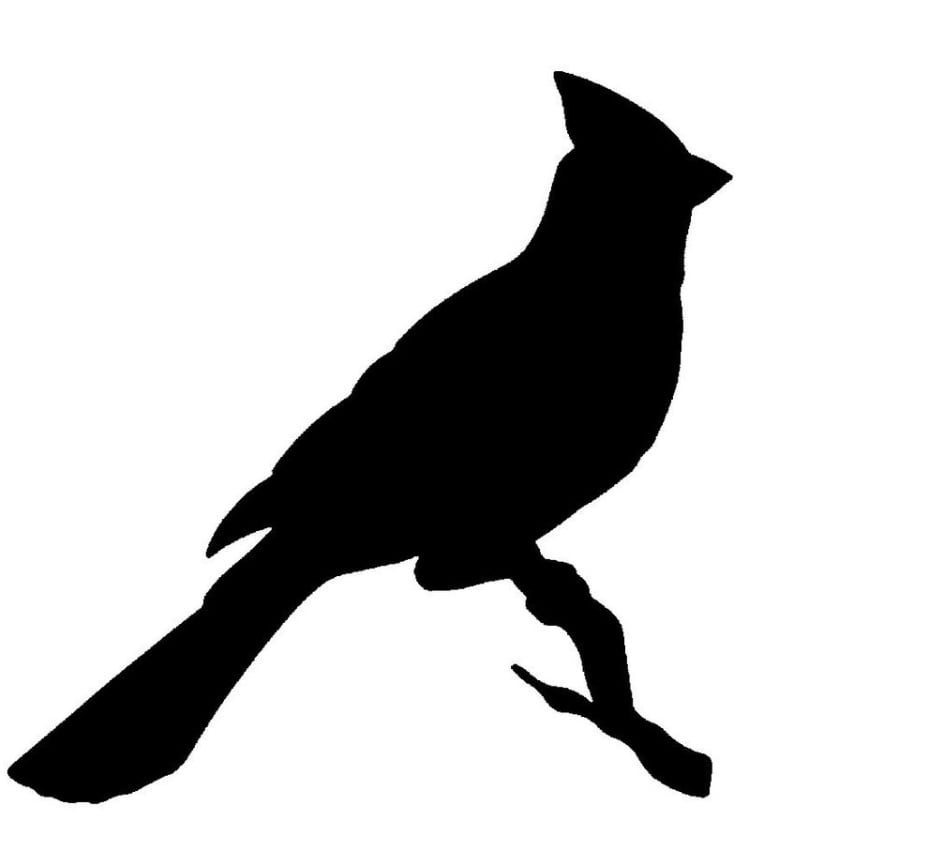I’ve become aware, as I get older, how my initial emotional reaction to conflict isn’t always fair and is usually pointed backward, defensive and angry. I also know that I do better if I have time alone to process how I’m feeling, and often by the time I’m done things have moved on.
What I’ve been working on is to stop using excuses - the moment has passed, I’d just be dredging up the same argument, I’ve had this conversation in my head a bunch but they never turn out exactly right - and just go back to the people involved and tell them how I feel because they deserve that effort. There have been disagreements I’ve had where I wasn’t in the wrong but the other party did something I can admire and appreciate, and it doesn’t hurt me any to say that.
And it never ends with what I imagine is “argument perfection”: a point by point discussion of intent and action and history. Which is silly because life is messy but it gets better and I and others grow more patient and willing to move forward if I’m not always bracing for a blow.
That’s…probably a bit confusing, but it’s been something I’ve been mulling over, so…what personality traits of yours are you working on?


Holy shit. I was weird too. I still am. I feel like I’m pretending to be normal 24/7. I observe people’s behaviors in an environment, take an average and just go with that. The only time I am genuinely myself are the times when I’m heavily drunk. Which is tempting but knowing that’s how alcoholism begins I don’t do that either. Weirdly, when I’m not drunk and try to be myself, I offend people or get offended. Just put my foot in my mouth somehow.
Yeah, that realization helped a bit, when my friend was in a rut and I had to spend hours just to convince her to let me help, it dawned on me. I do this as well. I shouldn’t. It still feels really hard to accept help.
Thanks for the insightful response. I have a question and I don’t want to offend you. I talk to people online, and lurk autism subs, and I relate to so many things. Like you just said, I tend to read neutral expressions as negative. If that’s a symptom, then I have it, if not we’re awfully similar. I have never been the one to armchair diagnose myself over the internet but I don’t know what kind of conversation I should have with a healthcare professional. I don’t know if it’s ok to just go “hey, I suspect I am on the spectrum.” Were you diagnosed when you were an adult and how did the process go? Thanks in advance.